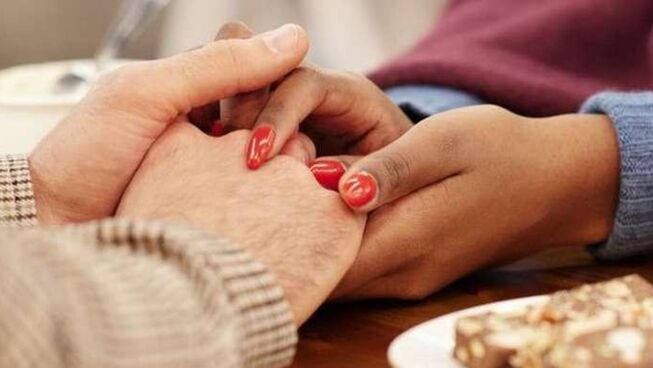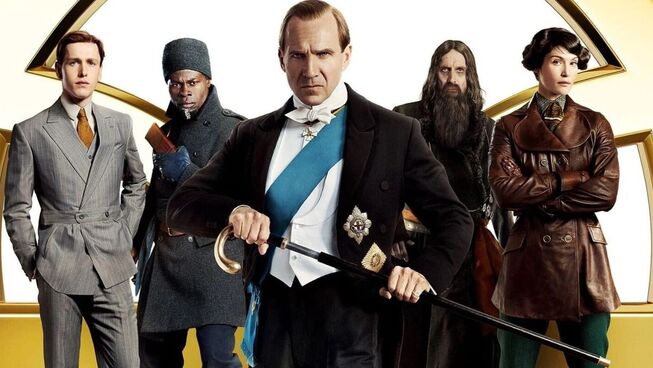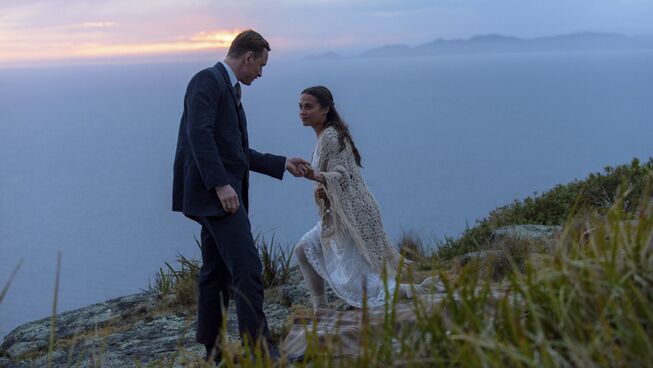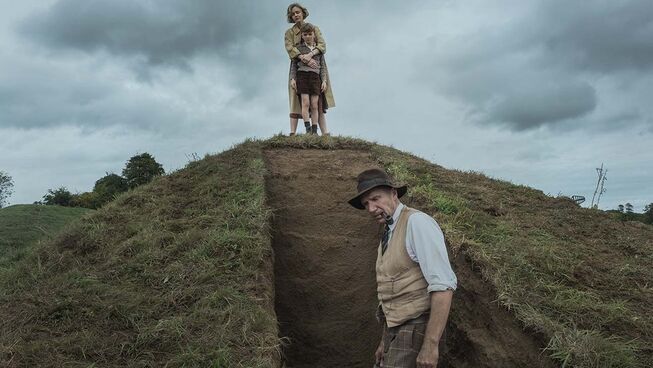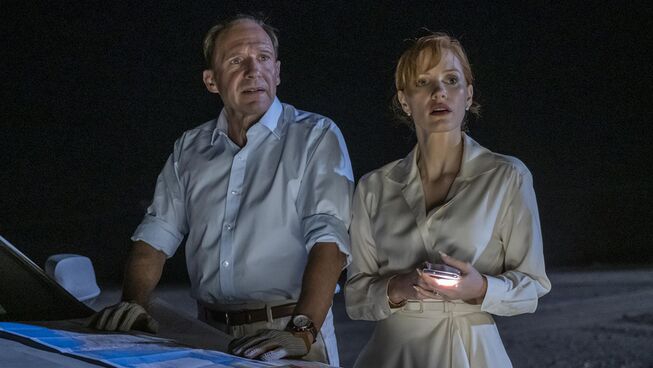
2.5 out of 5 stars
When it comes to disparities within the world's cultures, there can be no more significant divide than between the Middle East and the West. Lawrence Osborne’s book explores this cultural interchange in his novel that has now been brought to cinemas by John Michael McDonagh (Calvary). The celebrated director rips open the stark contrasts between these lifestyles and what happens when they collide among the beautiful and dangerous sand dunes of the Moroccan desert.
Richard Galloway (Matt Smith) has invited many of his friends to the High Atlas Mountains of Morocco to party in a remote villa with his partner, Dally Margolis (Caleb Landry Jones). The couple has handpicked individuals who hope to escape for a weekend of explicit activities in the desert. David (Ralph Fiennes) and Jo Henniger (Jessica Chastain) are invited guests who decide to drive the 400 miles to the oasis, despite being jet lagged from the trip to Morocco and having a few drinks before the ride. As evening falls upon the sand-covered roadway, the couple loses their way to the compound. In his disoriented and slightly alcohol-influenced state, David accidentally hits and kills a young Moroccan man who steps out onto the road. This leads to a series of events involving the victim's family and how different cultures rectify wrongs.
Like the brutal sun exposure in the desert, this film shines a harsh light on the differences between these ways of life. Osborne’s story shows the arrogance of the Western elite and how they have little respect for the lifestyles of those different from their own. The partygoers portray a grotesque side of modern society and their disdain for those who inhabit the country they are visiting. The film also shows how the indigenous servants respond to these guests as they welcome the financial benefit but look upon these visitors with contempt. Yet, the heart of this tale has less to do with the cultural interchange and has everything to do with exposing the darker sides of the human condition.
Ralph Fiennes' character must come to terms with his need to rectify his actions as he is taken on a journey across the desert with the young victim's father. Ismael Kanater is brilliant as the grieving father and provides a perfect example of honour within his society. Both men show the differences they represent while unearthing the fact that all of mankind’s hearts are similar. This tension allows audiences to see how we all need a sense of redemption and have an insatiable requirement to grieve. Even though the surroundings of both men may lack appeal, once you push these physical elements away, the true purpose of this story is exposed.
The Forgiven does pass judgment on the arrogance of Western culture and specifically upon the wealthy who feel they are untouchable. Still, John Michael McDonagh captures the essence of the more profound need for humanity's forgiveness and our desire to lead an honourable life.
REEL DIALOGUE: What is your limit for forgiveness?
One of the key themes of The Forgiven is the concept of forgiveness. People are put into challenging situations to push them to the edge of considering the boundaries of forgiveness.
Two things to consider in this discussion are the limit of forgiveness and why we should forgive. It can be said that resentment only hurts the one that holds onto it. The Bible has much to say on this topic. This might be an excellent place to start when considering some of the concepts from this film.
Passages on defining forgiveness: Psalm 103:10-14, Matthew 6:14-15 & 18:21-22, Mark 11:25, Luke 6:27, 37; Ephesians 4:32, Colossians 3:13 , 1 John 1:9

